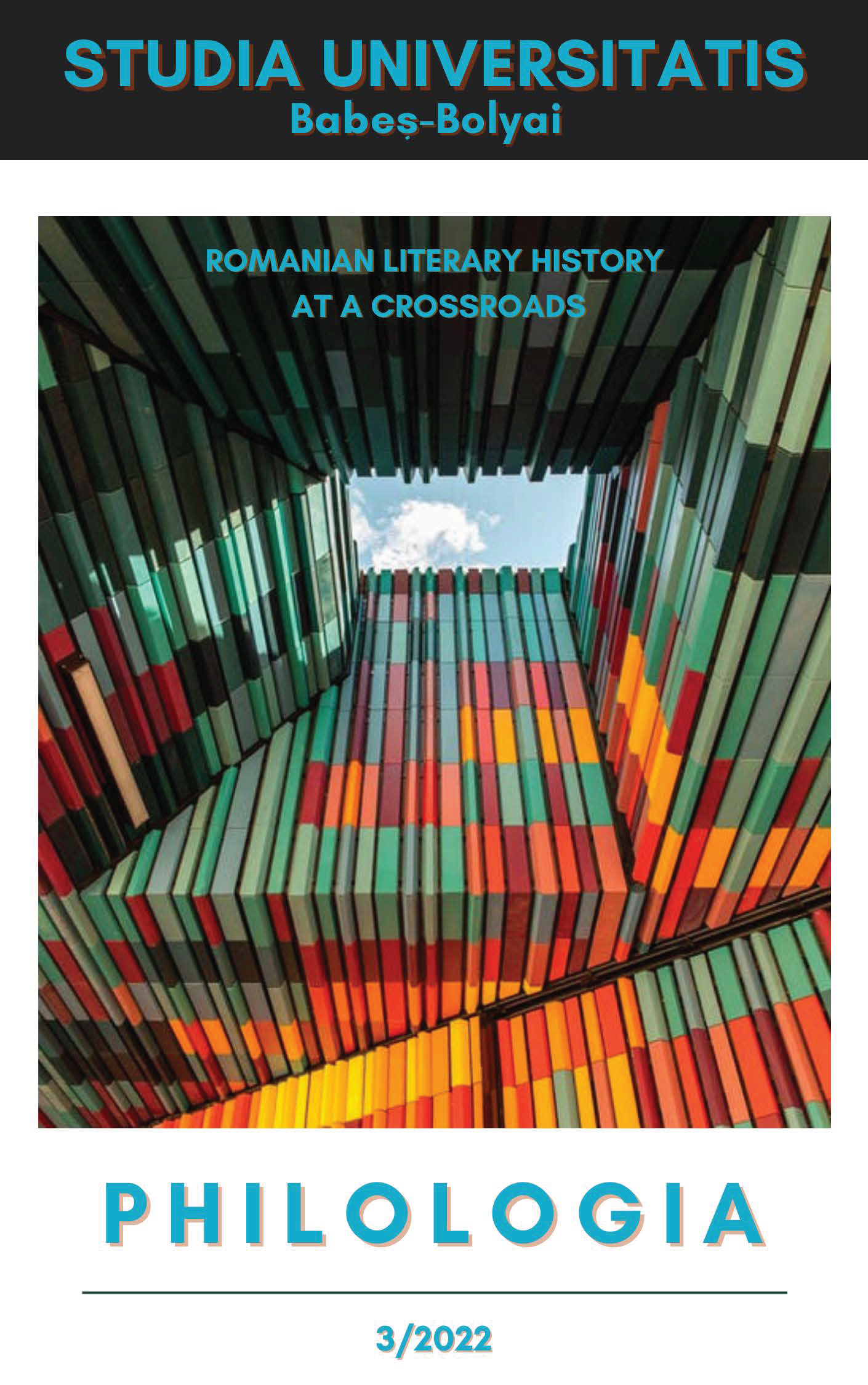INTERVIEW: PATRICK O’DONNELL
INTERVIEW: PATRICK O’DONNELL
Author(s): Patrick O’donnellSubject(s): Philology
Published by: Studia Universitatis Babes-Bolyai
Keywords: Interview; Patrick O’Donnell;
Summary/Abstract: Q: Literary history, be it national, local, or regional, is perhaps the most conservative form of literary study, with many claiming that the method is outmoded. What can literary histories do to overcome both the risk of obsolescence and their inherent conservatism?A: The first thing to recall in addressing this matter is the wide recognition amongst historians that any historical account is a narrative, with specific and identifiable narrative investments and agendas. When it comes to literary history, the question of method is an interesting one, since encounters between history and romance, or the imagined and the factual are foundational elements of the very subject being considered; there is no escaping the “meta” dimension (a narrative about narratives) of literary history. What might be perceived as the anachronistic bent of many older literary histories may be due to a reliance on “methods” that simply replicate received canonical investments instead of challenging them. But this, I suggest, is an incorrect perception: even fairly traditional literary histories, such as the multivolume Oxford History of English Literature—those large tomes that proceeded century by century through eight hundred years of literary production in national space that changed considerably over that time—did not merely repeat canonical history, for in many cases, they in fact made the canon as they unearthed heretofore ignored works or promoted a specific set of works as being more important than others. And there are shelves-full of literary histories and anthologies which purposely set out to radically reshape the canon as received through the likes of the Oxford History. The issue then, for me, is not whether a literary history is conservative or not—it is inevitably conservative in that it is engaging in some form of canon-formation, even if it is a new one—but whether or not it openly engages with its equally inherent radicality in actively reshaping the canon and recognizing its own historical investments and agendas.
Journal: Studia Universitatis Babes-Bolyai - Philologia
- Issue Year: 67/2022
- Issue No: 3
- Page Range: 37-40
- Page Count: 4
- Language: English

